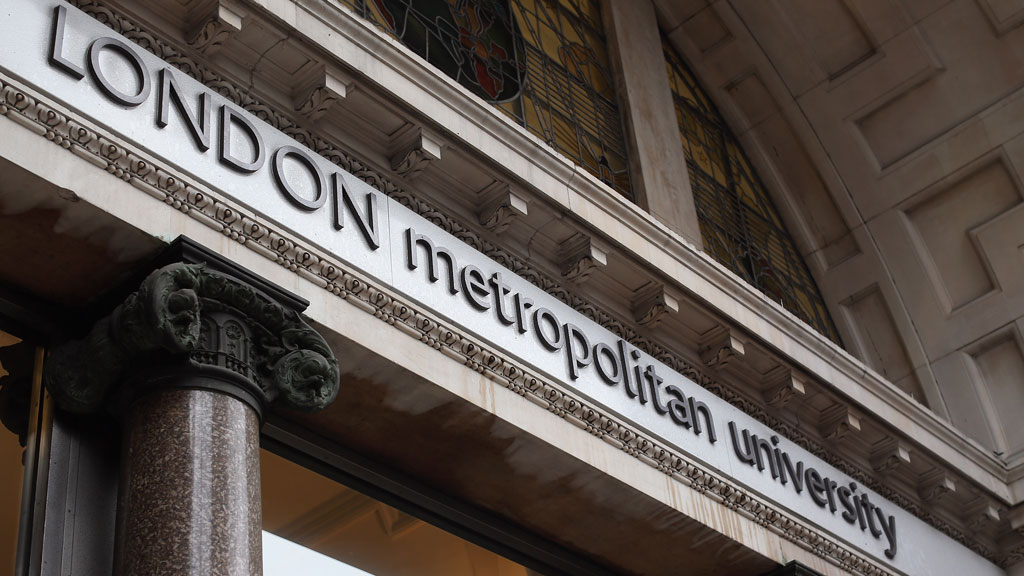The murky world of student visa abuse
 Ciaran Jenkins
Data Correspondent and Presenter
Ciaran Jenkins
Data Correspondent and Presenter
Thousands of legitimate students are facing uncertainty, with weeks to find a new university place. But London Metropolitan University isn’t the only institution with problems.

The government rarely passes up an opportunity to sound tough on immigration, and the prime minister is no exception. There was “real abuse” at London Metropolitan University, he said, echoing the hard-line stance taken by the UK Border Agency, which had stripped it of its right to sponsor overseas students.
It was an unprecedented move; a humiliation never suffered by a university before. But the UKBA stressed the problems were “with one university, not the whole sector”. In other words, the failures at London Met were so appalling and so exceptional as to warrant extreme action.
And yet the shortcomings it lists – failure to monitor student attendance, failure to test English language ability, failure to report disappearing students – are far from unique. In fact, they’re something of an open secret in the university sector.
Poor standards
Some courses, particularly masters studies in business, are designed for and populated almost exclusively by international students. They bring in huge sums to university coffers, but standards are often poor.
One lecturer on a popular MBA course told me it was no more advanced than a typical A Level. Students who can barely speak or write English are known to purchase dissertations written especially for them, and examiners can do little about it.
Blowing the whistle is not especially encouraged when so much cash is at stake: international students account for just 10% of the university population but provide 37% of the fees.
So the sector can’t do without overseas students, but in the race to recruit as many of them as possible, some have allowed standards to slip.
Private partnerships
A number of universities are now pursuing partnerships with private colleges which cater almost exclusively to this market. The students are recruited and taught by college staff, but the degrees are overseen and awarded by universities.
This route, however, is not without its pitfalls, as the recent demise of the UK’s second-largest degree-awarding body, the University of Wales, has shown.
The system as a whole is largely self-policing, and some universities are struggling to strike the right balance between targeting profit and tackling abuse. And yet when a failure is exposed, genuine students are punished through no fault of their own.
London Met still hopes to retain its overseas students by challenging the UKBA’s decision, which raised eyebrows throughout the sector. The suggestion is that the university’s shortcomings only came to light because of a thorough audit by immigration officials – a one-off audit if you like, which in turn found one-off failings and led to a one-off sanction.
Those familiar with the darker side of higher education will have noted this apparently exceptional case, and wondered whether the UKBA has the means or the will to uncover the next one.
Follow Ciaran Jenkins on Twitter